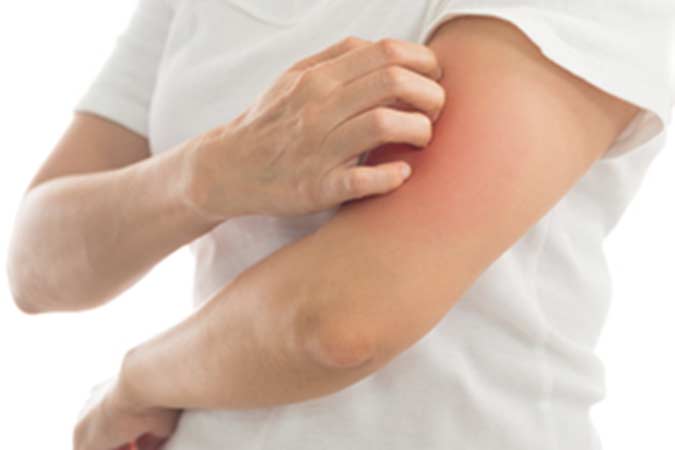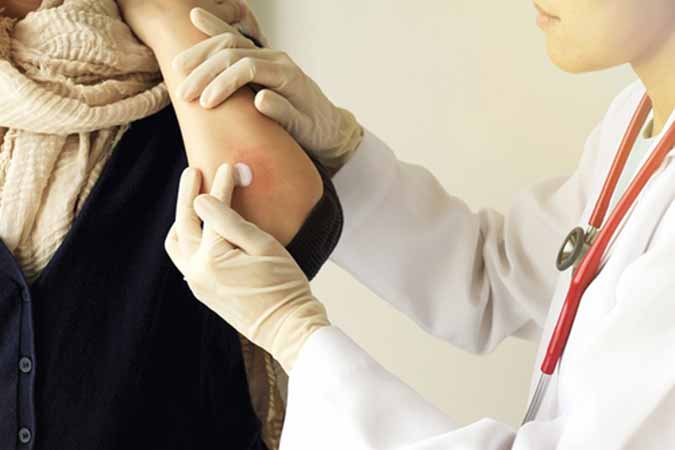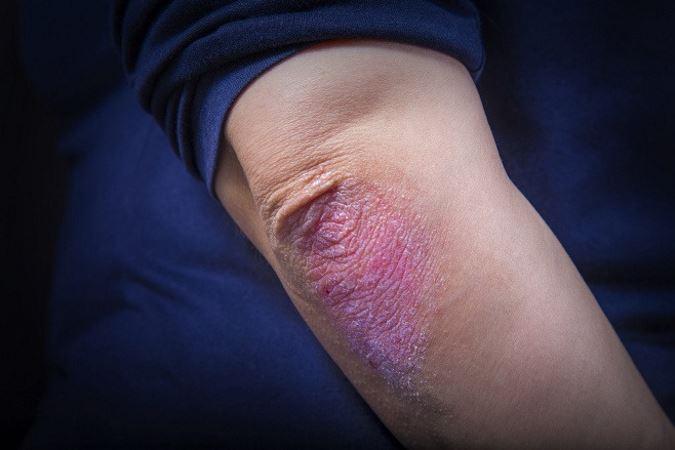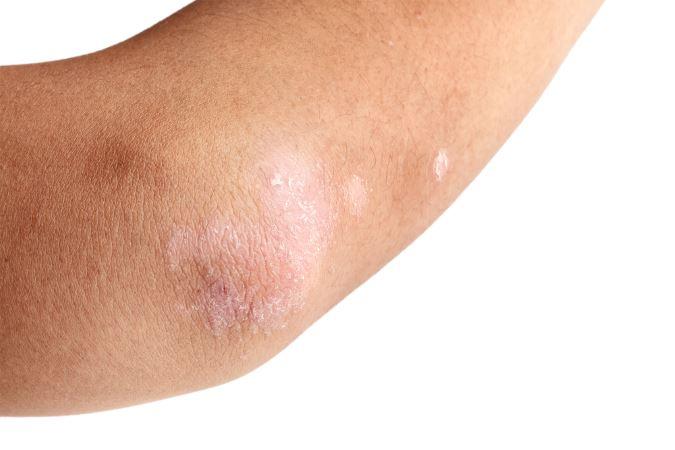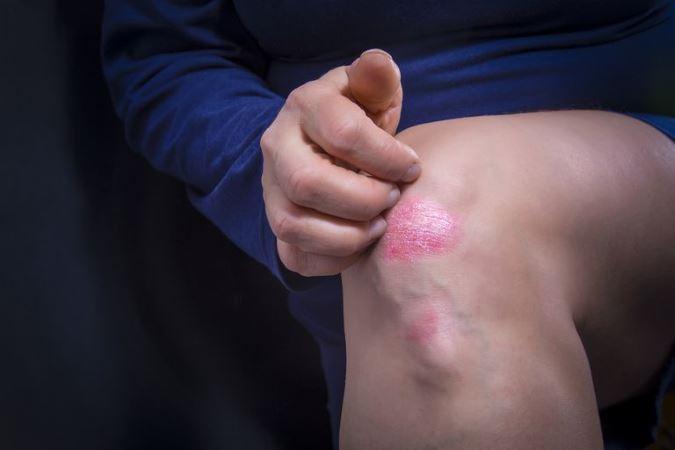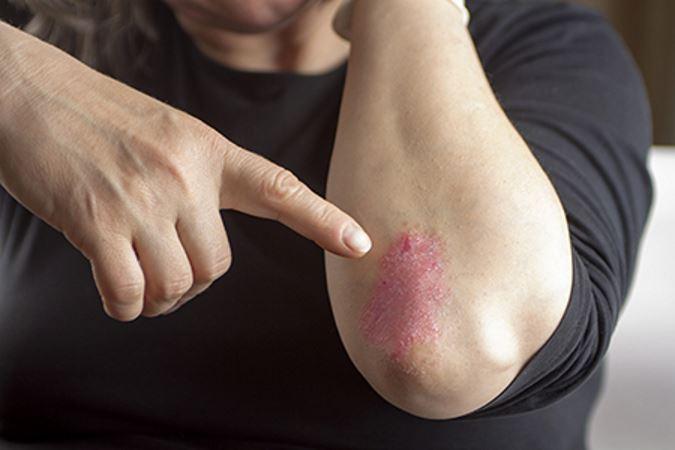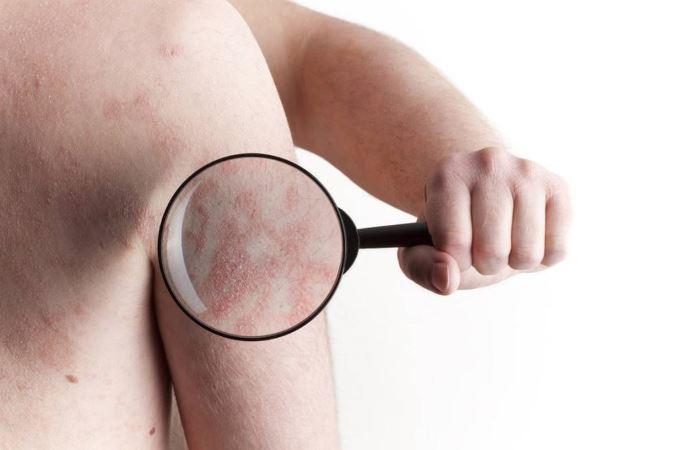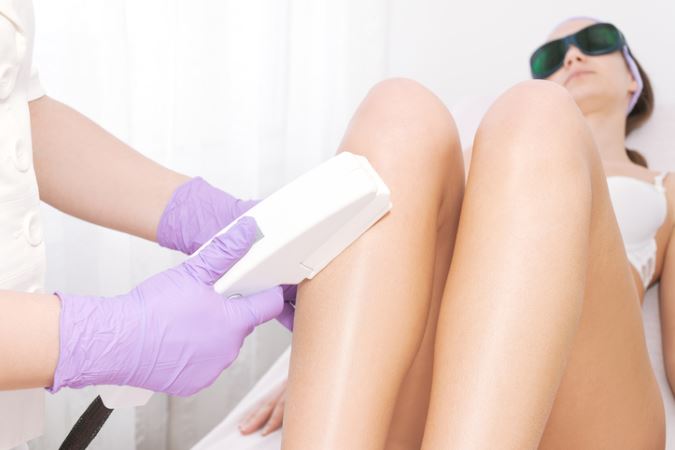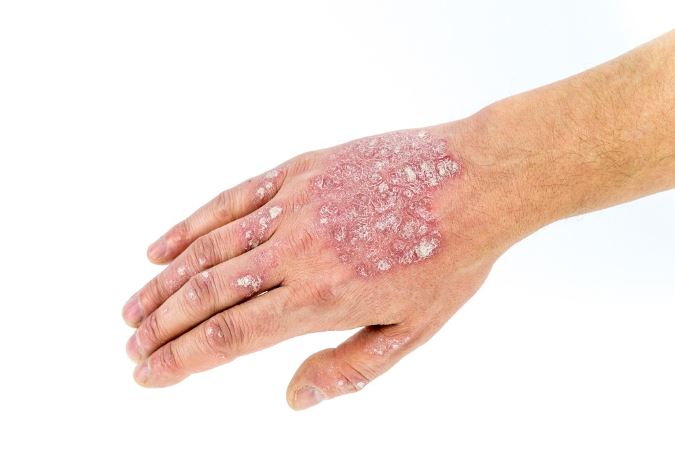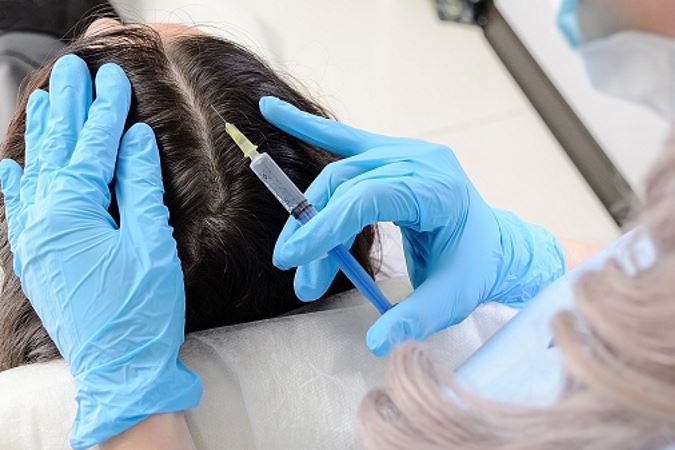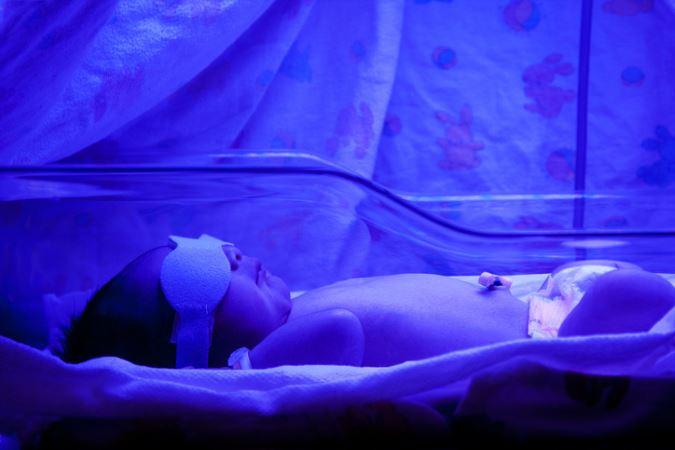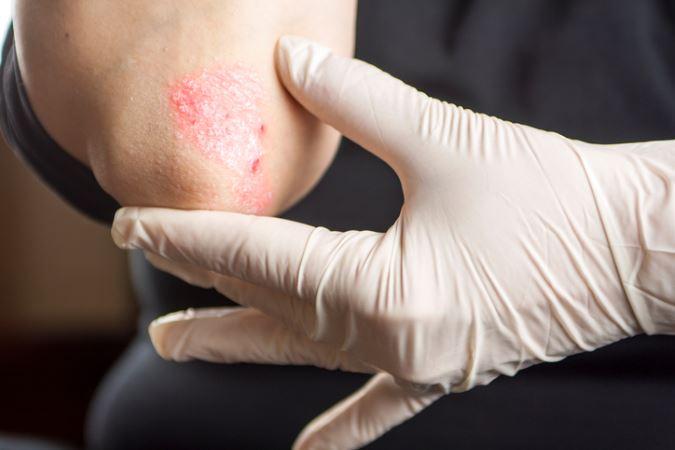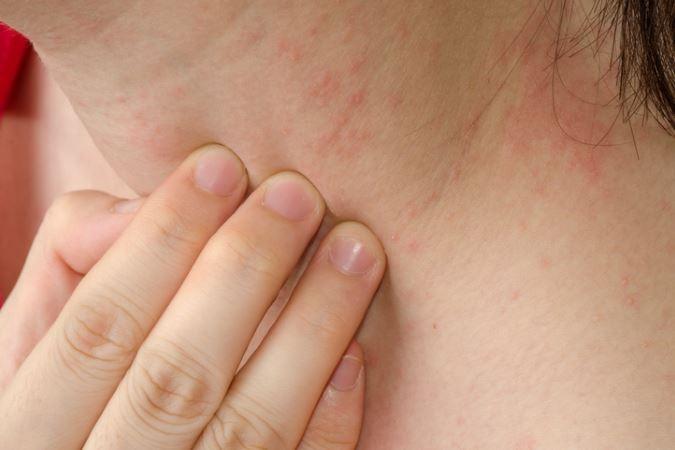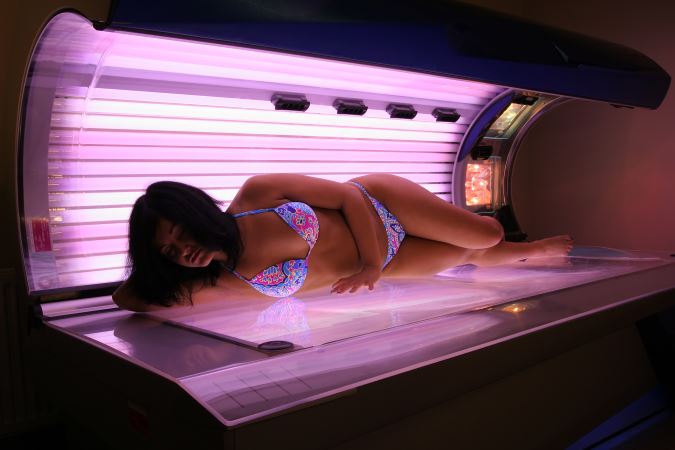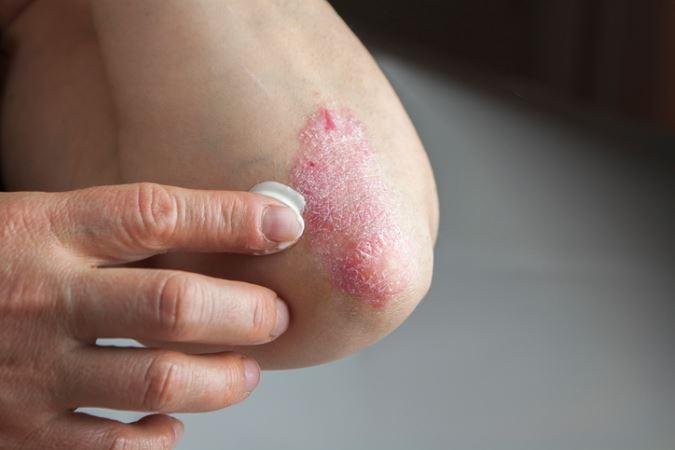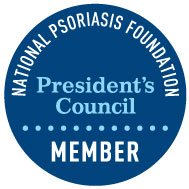Psoriasis Treatment
Psoriasis is a condition that occurs because of a faulty immune response, in which the growth cycle of skin cells is accelerated. Being a chronic autoimmune disorder, this condition is not contagious, but can be disruptive to your general well being. Psoriasis can occur on any part of the body, but it is typically seen on the scalp, elbows, knees, hands, feet, nails and skin folds. In addition to causing unsightly skin lesions, psoriasis is also linked to a number of serious health problems, including heart disease, diabetes, and depression.
One of the most frequently occurring autoimmune disorders in America, psoriasis affects as many as 7.5 million men, women, and children. Of the five types of psoriasis, plaque psoriasis is most commonly seen. This form results in raised, red spots on the skin that are covered in dead skin cells appearing silver in color.
Psoriasis Videos
Because psoriasis can occur on various areas of the body and skin it has unique properties, dermatologists have multiple ways in which to treat this chronic condition. Every person with psoriasis has skin with unique needs. The Washington Dermatology Center offers a number of solutions to help individuals receive the highest level of personalized care. Available options include topical treatments, oral or injectable medications, or light therapy.
Light therapy, also called phototherapy, is the exposure of affected skin to ultraviolet light. Patients may stand in our state of the art light box, or the light is administered through a laser which can be used on hard to clear areas such as the scalp, folds, hands and feet. The key to successful light therapy treatment is consistency.
In a phototherapy treatment, NBUVB (narrow band UVB), which is found in natural sunlight, is directed towards the affected skin for a set period. As the light remains on skin, NBUVB rays are absorbed, and slow the growth cycle of skin cells.
Exposing the affected skin to NBUVB light may bring on a temporary worsening of symptoms, with the development of redness or itching. We administer low-level doses of NBUVB in order reduce side effects, but with every person being different, irritation is a possibility. If this should occur, the dose of NBUVB can be adjusted in subsequent treatments. As treatment continues, many people notice a decreased reaction.
Phototherapy is one option for treatment for psoriasis relief. Depending on your specific situation, a combination of treatments may be most suitable. A personalized treatment plan is devised after a discussion of symptoms and a thorough physical skin evaluation.
Treating psoriasis successfully takes time and understanding. Our team is extensively experienced in treating various skin conditions, and can help you find relief from psoriasis.
Contact us in Frederick or Rockville for your skin evaluation.
Related Topics
- Treating Psoriasis in patients who have solid organ transplants
- Psoriasis Treatment: How Biologics Work
- Psoriasis Improvement in Patients Using Glutathione-enhancing, Nondenatured Whey Protein Isolate: A Pilot Study
- Biologic Therapies for Psoriasis in 2013: Do We use Them Enough?
- Natural remedy may stop psoriasis flares before they start



